This is the Tangle Sunday Edition, a brief roundup of our independent politics coverage plus some extra features for your Sunday morning reading.
What the right is doodling.
What the left is doodling.
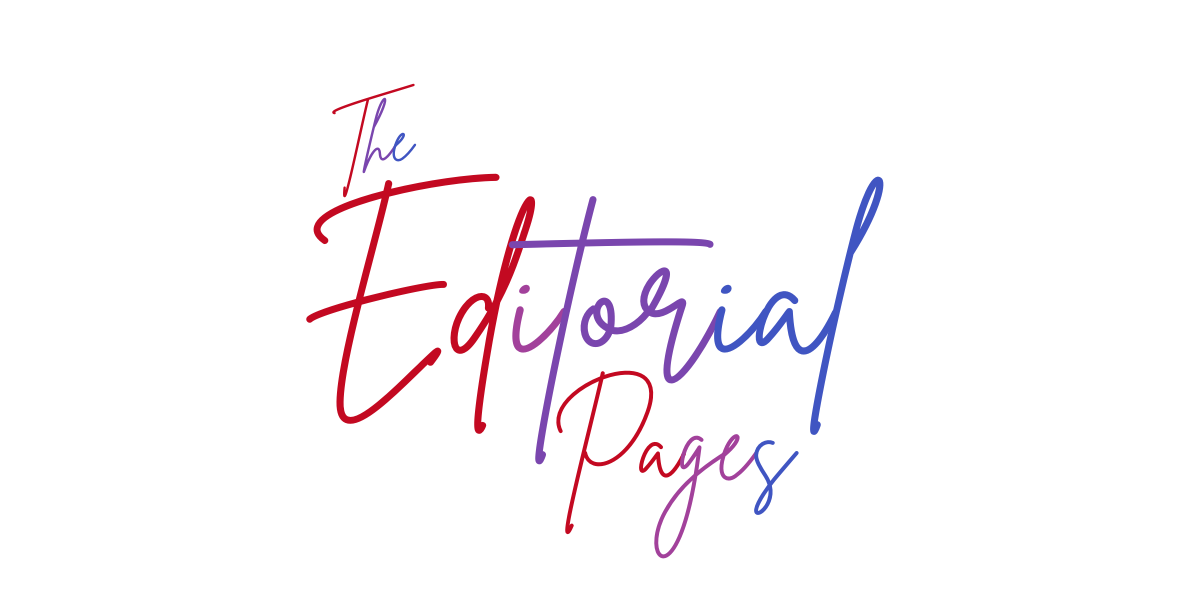
Reader essay.
AI-generated image by OpenAI.
In our Sunday edition debut last week, we asked for pitches for essays from readers on any subject, as long as it was local and personal. A couple suggestions we gave were “an ode to the special at a local sandwich shop” and “a treatise on your public library’s reading room” — suggestions that were taken quite literally. We received several submissions on libraries, and one very touching story about a reader’s relationship to a local bakery and sandwich shop.
For our first-ever reader essay, we’re thrilled to present this piece from Katie Manning, a poet in San Diego, California. Katie describes her personal relationship to a local favorite, and the now familiar feeling of deeper appreciation of those cherished places that left holes in our lives over the pandemic. Read and leave your comments on it here.
Have something on your mind? Pitch us! Fill out this form or reply to this email and we’ll get back to you if we’re hooked.
Reader review.
Our edition on Henry Kissinger sparked a very spirited back-and-forth in the comments section. A handful of vocal readers weighed in on different aspects of Kissinger’s legacy — and where they thought we were off. One of those readers was Derrick White, who wrote the following:
Honest take on Kissinger: the left opposed much of what he did reflexively, and I can't take the venom from them about him seriously.
That said, he is the poster boy for ‘interested more in advancing U.S. interests and stability abroad than in the moral high ground or advancing democracy’, and I can happily disagree with that, even in times of crisis, especially from a man who seemed to embrace it enthusiastically.
That said, to characterize Peron as a ‘Democratically elected Leader’ is technically true but misleading. He may have gotten there that way, but he engaged in serious political suppression of his opponents. I don't hold Kissinger guilty for making some of those calls, when trying to judge the line on when a duly elected president becomes a dictator allying with the USSR.
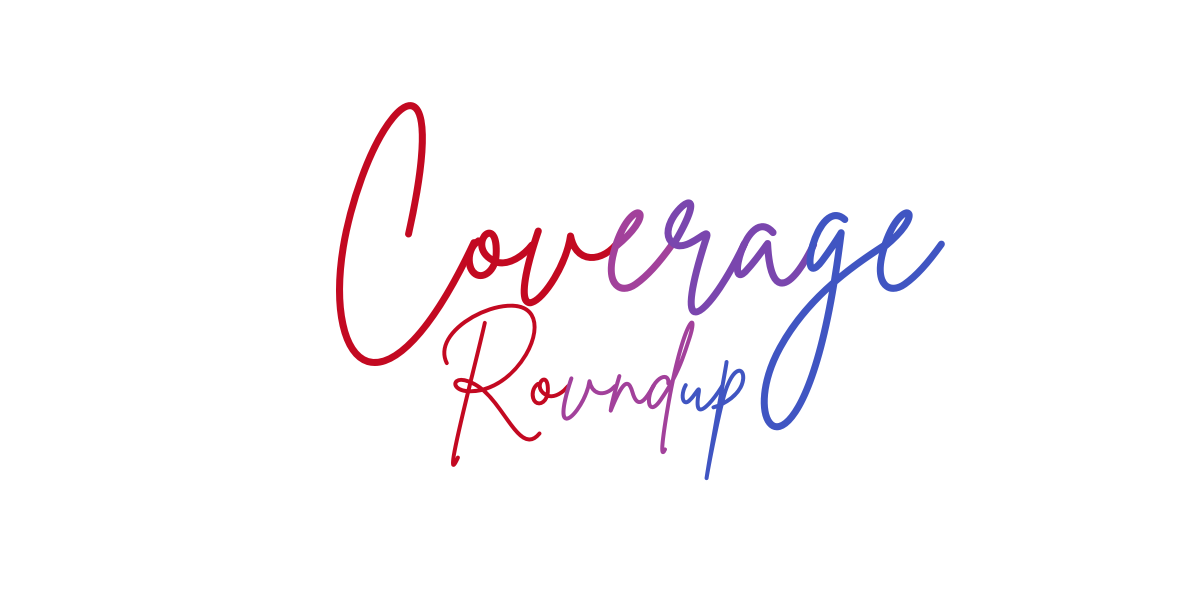
Our main stories this week were Henry Kissinger’s death, the U.N.’s COP28 summit, funding for Ukraine, and the fourth and final Republican debate. And we had a lot to say — we usually cap our newsletter at 4,000 words, but this week we averaged 4,800 words per edition. Thanks for indulging us, but expect us to re-focus on brevity next week.
For full versions, you can find all of our past coverage on our archive.
Monday, December 4.
Henry Kissinger. On November 29, Henry Kissinger, the long-time American diplomat and political scientist who was the only person to ever serve concurrently as both secretary of state and national security adviser, died at the age of 100. Kissinger, who was born in Bavaria in 1923 to a family of German Jews who fled to the United States during the rise of the Nazis, was one of the most polarizing figures in American history. He served under presidents Ronald Reagan and Gerald Ford, and he advised 12 presidents from both parties — more than a quarter of all men who have ever held the office.
- From the left. The left was mostly critical of Kissinger’s legacy, framing it in terms of the violence enabled by his policies in global conflicts. In MSNBC, Hayes Brown said “Henry Kissinger’s legacy is best measured in bodies.”
- From the right. The right conceded Kissinger’s flaws but mostly celebrated his legacy, saying he lived an impactful life of service. In The Spectator, Charles Lipson praised “the remarkable life of Henry Kissinger.”
- Our take. “I don’t want to flatten a person into their worst actions, but for people like Kissinger, his worst actions matter more. Time and time again — in Cambodia, Bangladesh, East Timor, Argentina, and Chile — he advanced ‘our best interests’ over human rights. He also prevented conflicts and helped usher in American prosperity and global peace, but I can’t honestly say that the good outweighed the bad.”
Tuesday, December 5.
COP28. The United Nations 28th Climate Change Conference, or Conference of the Parties, features a record 70,000 registered attendees. The two-week-long conference is under way in Dubai, United Arab Emirates, with a laundry list of presidents, prime ministers, royals, and industry leaders in attendance. The conference has already been controversial. Sultan Ahmed al-Jaber, the Emirati leading the summit, criticized media coverage of his contradictory remarks about phasing out fossil fuel. Meanwhile, United Nations Secretary General Antonio Guterres said the only way to hit the climate change goal of limiting warming to 2.7 degrees Fahrenheit is to eliminate oil, coal and gas use. 106 nations signed a statement calling for a full exit from fossil fuels.
- From the right. The right dismisses the conference as a meaningless gathering of global elites. In The New York Post, Bjorn Lomborg argued COP28 “will again push multi-trillion dollar ‘cures’ that are worse than climate change.”
- From the left. The left is skeptical that significant change will come out of COP28 and say world leaders are shirking their responsibility to the planet. The Guardian’s editorial board wrote “energy companies are not the only ones with a carbon addiction.”
- Our take. “Sure, COP28 is a little frivolous, but it can still produce tangible results. As I’ve said consistently, human-caused global warming is a real and global threat that requires a strategic response instead of nihilism or denialism. The impressive everyday progress on important factors like energy innovation matters more to me than COP28.”
Wednesday, December 6.
Funding for Ukraine. On December 2, NATO Secretary General Jens Stoltenberg warned that there could be bad news coming out of Ukraine in the coming weeks, as fears of a stalemate with Russia grow. The comments come at a time when Congress is increasingly divided about whether to continue funding Ukraine's war effort, with Senate Republicans proposing any Ukraine funding be tied to an overhaul of the U.S. immigration system. The immigration reforms Republicans are asking for largely mirror H.R. 2, which passed the House in May without any Democratic votes. The bill would restart construction of the border wall, mandate more border patrol agents, overhaul asylum eligibility, and re-establish the Remain in Mexico policy, among other changes.
- From the left. The left is concerned about the long term outlook for the war and critical of Republicans for conditioning aid to Ukraine on immigration reforms. In The Messenger, Beatriz Lopez wrote about “the Republican wrecking ball aimed at America’s asylum system.”
- From the right. Some on the right say Democrats should make a deal with Republicans on immigration in order to secure further aid to Ukraine, while others say a shift in approach will be necessary in the war. The New York Post editorial board said Biden needs to “make the case for Ukraine before it’s too late.”
- From abroad. American allies in Europe stress the need to maintain support for Ukraine in the war. In National Review, Poland’s Secretary of State Stanislaw Zaryn said “the West must hold strong in its support for Ukraine.”
- Our take. “This is a terrible moment in the war. There is great risk in continuing to fund Ukraine, but it is hard to imagine abandoning them now — and I still err toward not backing down. Democrats should recognize there is a genuine moment for meaningful immigration reform here, and meet Republicans at the negotiating table.”
Thursday, December 7.
The final Republican debate. On Wednesday night, December 6, four candidates gathered in Alabama for the fourth and final Republican debate: former South Carolina Gov. Nikki Haley, Florida Gov. Ron DeSantis, entrepreneur Vivek Ramaswamy, and former New Jersey Gov. Chris Christie. For the fourth consecutive time, former President Donald Trump, who is leading the GOP primary by a wide margin, didn't participate. The debate was hosted by NewsNation and moderated by NewsNation's Elizabeth Vargas, former Fox News anchor Megyn Kelly, and The Washington Free Beacon's Eliana Johnson. For the first time, moderators brought up Trump in the opening minutes of the debate and pressed the four candidates on their views of him.
- From the right. The right was subdued in their reaction to the debate and predicts it will have little impact on the Republican primary. In National Review, Noah Rothman wrote “a desperate debate ends in a draw.”
- From the left. The left disparages the Republican candidates for their unwillingness to attack Trump directly through all four debates. In The New York Times, Frank Bruni criticized the “moral surrender and magical thinking at another pointless G.O.P. debate.”
- Our take. “It’s a tired spectacle by now, but it was great to see the candidates effectively pressed by the moderators. Each candidate gave us more of the same, though Chris Christie noticeably shined and soft sports are showing in Haley’s armor. Still, the Republican party just doesn’t care — they’ll continue to support Trump despite his absence.”
Friday, December 8.
In a subscribers-only Friday edition, Executive Editor Isaac Saul got a lot off his chest about the ongoing conflict in Gaza between Israel and Hamas, going deep on 10 specific points. Read the special edition here!
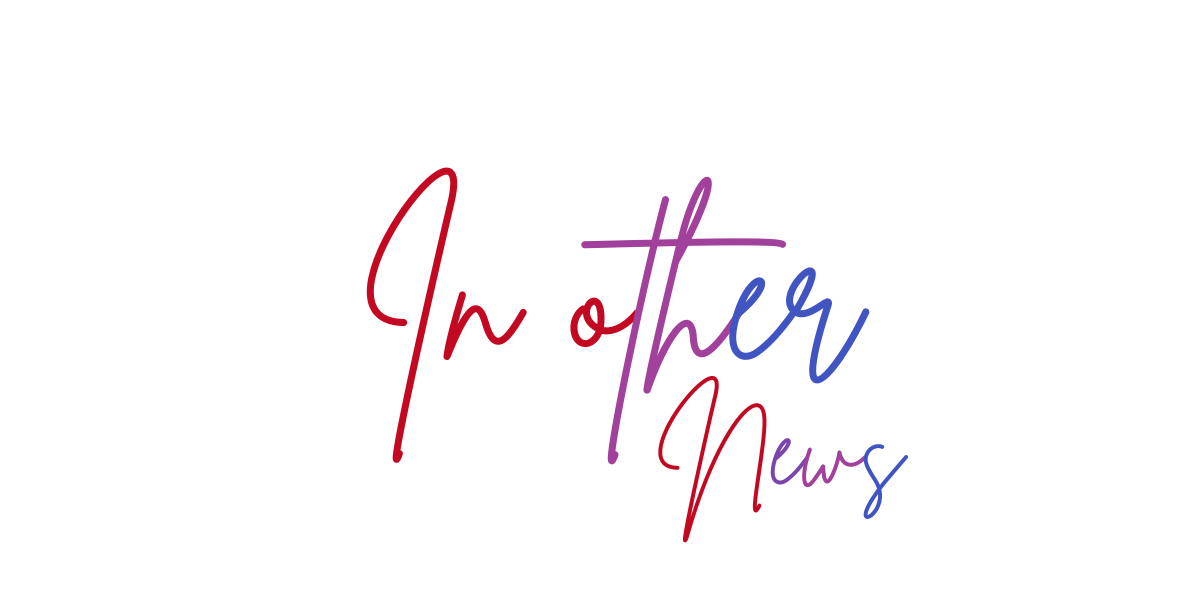
Recommended reading
The work of being a mother looks tiring, exhausting, and lonely — partly because it is, but partly because we are constantly being told that it is, writes Eleanor Davis. How can we change the story? Read the provocative essay on Vox.
Most-answered survey.
The most-answered reader poll this past week was on our edition covering the debate over continued funding for Ukraine. 828 readers answered the poll, with 50% saying we should continue to support Ukraine unconditionally, 35%* saying aid should be conditional (32% saying on border funding and 3% on aid to Israel), 7% saying we should not send more aid, and 2% were unsure or had no opinion. Regretfully, we included a “something else” option by accident, which 6% of respondents selected. Most of the responses also supported conditional aid. “Aid to both Ukraine and Israel should be conditional to progress on some reforms to border security and policy,” one such respondent said.
*This could be as much as 41% of respondents, given the responses we received for the “something else” option.
On the channels.
New on the Tangle YouTube channel: Isaac explores what a second Donald Trump term would look like.
And new on our Instagram channel: Magdalena sums up our coverage of COP28.
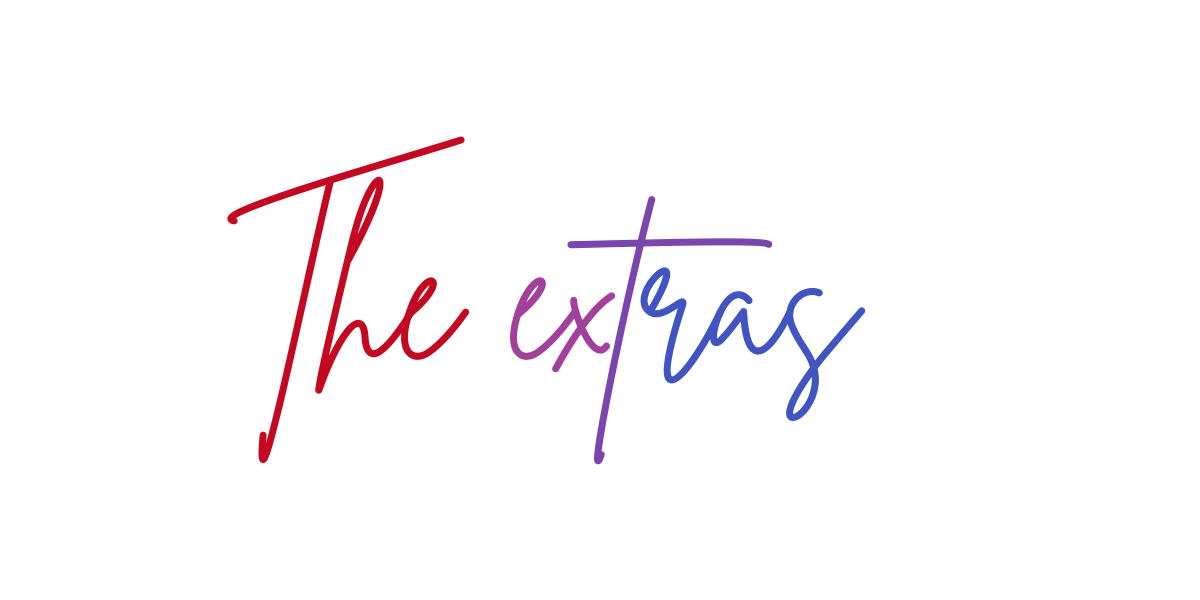
Tweet of the week.
“X” files X-files X files. (de-threaded here for people who aren’t on Twitter).
just had the weirdest experience
— auntie cistamine (@laurenancona) December 5, 2023
was watching an X-files episode & there’s this country song playing in the background of the bar they’re in
& it’s so good it jars me out of my idle multitasking to Shazam it
except
Tangle’s favorites.
Ask the staff.
Once a week, we want to pass you the mic to ask the Tangle staff a question about literally anything. We all take a crack at answering, in just one sentence, and then we share our best answer with you.
— Logan from San Jose, California
Ari Weitzman, Managing Editor: An English speaker should never use the phrase “the dictionary says” when the language has dozens of dictionaries, all with their own biases and specialties, meaning you’ve got to say which dictionary you’re using.
If for some reason you want to hear more from Ari about dictionaries, you can still read an 8-year-old post from his short-lived etymology blog online here.
Have a question for the staff? Respond to this email or ask us through this form!
Bonus content.
Through Executive Editor Isaac Saul, we wage war with ‘w,’ war which we will win.
The triumph:
The setback:
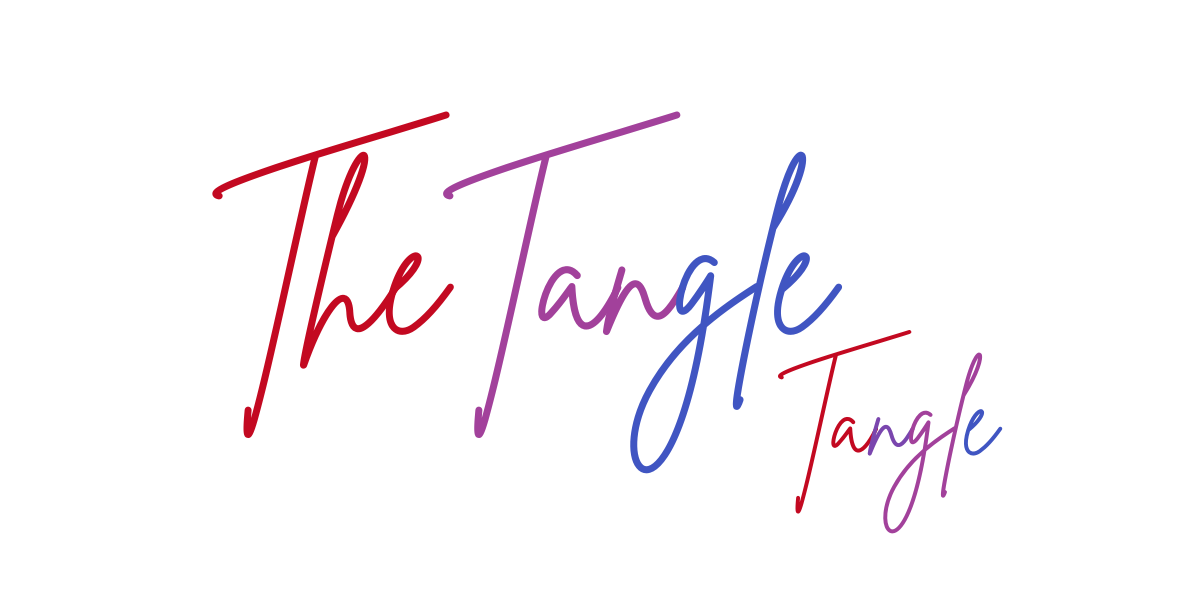
Starting with the first letter, add one letter in any position to the preceding line to answer the clue to each line.
Example:

Want even more Tangle? Follow us on our Twitter, Facebook or Instagram for up to the minute updates.


Member comments